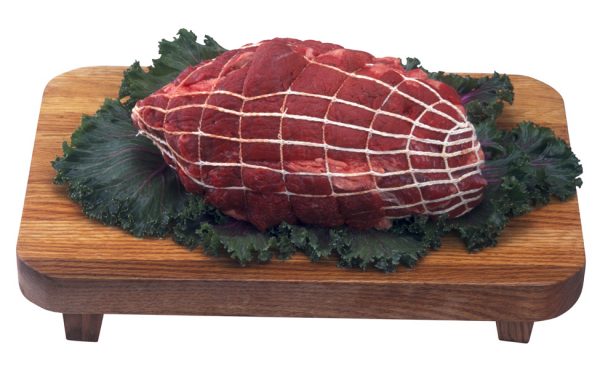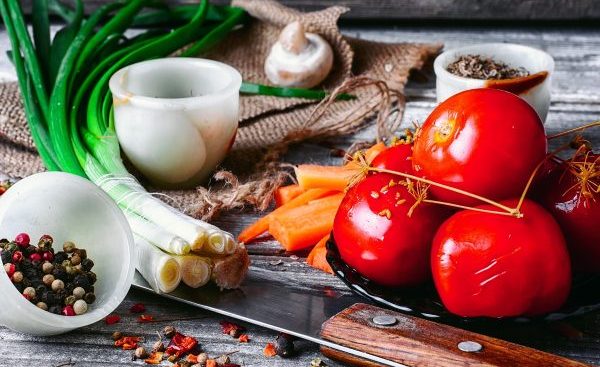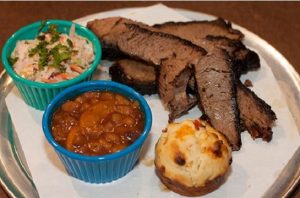If you wish to add flavor to a brisket, it is important to choose your seasonings carefully. After all, your primary goal is to enhance, not overpower. With the right knowledge, you can easily create a beautifully balanced flavor profile that leaves your mouth watering for more.
Continue reading to learn some helpful tips for seasoning and smoking beef brisket.

Smoked Meat Dinners 317-688-7290
Whether you are someone who prefers rubs or marinades, there are some basic brisket standards you should follow.
Start With Good Wood
The fundamental component for smoking barbecue brisket is the smoke, which starts with the wood. Most professionals recommend using a wood option that does not render a strong or bitter smoke profile, since beef brisket is already cooked for a long period of time. Stick to mild flavored woods like oak, which is a staple for brisket. From there, you can add other varieties of wood that pair well with brisket without overpowering the flavor, like apple or hickory. If you are someone who really loves mesquite flavors, it is recommended to do so sparingly with barbecue beef brisket.
Rubs and Marinades
Dry rubs are very popular for smoking meats, especially beef brisket. That is because all seasonings are great for flavoring a brisket. Get creative, or simply stick to your favorites. Common go-to rubs include seasonings like garlic, herbs, and spices. Just be sure to take it easy on the rub so that your brisket doesn’t come out too salty. If you plan to mop or baste your brisket while smoking, be sure to coordinate the flavors properly with your rub.
Marinating is another option for smoked brisket. It is a general rule of thumb to marinate beef for a full 24 hours to ensure the fibers have absorbed the flavors as much as possible. For tender beef, you want to stick to an acid-based marinade, which is why lemon juice and vinegar are common choices. Use either lemon or lime juice, or use a vinegar-based marinade; then simply add the seasonings and spices you love most. For sweeter brisket, add brown sugar; for something spicy, go with some cayenne or crushed red pepper. See our blog about recommended tips for marinating cuts of beef.
Bastes and Mops
In the world of barbecued smoked meats, a “mop” is not something you clean with. Instead, a “mop” is a colloquial term used to describe a thin, sauce-like mixture used to keep the meat moist during the cooking process, which enhances the overall flavor of meat. This sauce is also called a “baste.” Traditionally, large cotton cooking brushes are used to baste meats, but there are several other cooking tools that work just as well. Mops should be thin like water. They should not contain too much acid-based seasoning because it can make the meat too bitter. It is important to not use too much sugar-based ingredients, like tomato cause, because too much sugar can make a brisket burn (this is especially true if you are using an offset fire box smoker).
Table Sauces
Sauces are added to smoked briskets after they are done cooking, which is why they are commonly referred to as “table sauces” or “finishing sauces.” They can come in a wide range of viscosities and flavors, from sweet and tangy to spicy-hot. Most table sauces for briskets are tomato-based, but since they are not exposed to heat, they will not burn, so they can contain whatever you want them to.
Come to Rackz BBQ for Lip-Smacking Beef Brisket!

Rackz BBQ
317-688-7290


